Smartphones can do as much as traditional PCs, and they’re even better for people who had a difficult time with computers before. Yet smartphone innovation isn’t limited to phones. Their design revolution has also bled over onto our desktops and laptops.
Here are things smartphones introduced that have made using a PC better than the way things were before.
7
Find Apps in a Single Trusted Place
Before smartphones, most of us were accustomed to searching around the web for apps to download. You typically went to an app’s website and downloaded an installer. This was fine for well-known apps, but it was less ideal for lesser-known programs trying to get in front of people.
There also wasn’t a centralized figure checking to make sure any of this software was safe. While you could trust that downloading Steam from Steam’s website was legit, you could be exposing yourself to viruses or other exploits if you found a seemingly identical installer from another source.
Technically, Linux distros already offered centralized places to download software known as package repositories. This was one of the things I loved about Ubuntu when that version of Linux first entered my life.

Related
Ubuntu Was My First Distro—Here’s Why We Went Our Separate Ways
We just don’t see eye to eye anymore.
Yet it was ultimately smartphones that turned this into the default way most of us now expect to find apps. Now there are app stores baked into Windows, Macs, and Chromebooks alike.
6
Install Apps With One Click
When you downloaded an app in the past, you weren’t actually downloading the app to run directly. You were downloading an installer. You then launched this installer and clicked through several installation screens and watched as the files copied into the necessary folders.
Now when you click the install button in an app store, you see a short progress bar, and then you get the full app in your app launcher. Sure, the same process still happens in the background, but that’s largely invisible, and no one is leaving a box checked that somehow ends up with a malware-infested toolbar in your web browser.
5
Many Former Add-ons Are Now Built-In
When you bought a desktop PC in the past, there was so much you had to purchase for it. The mouse and keyboard came separately. So did the webcam and the microphone. Wanted a stylus? You needed a separate drawing pad. Okay, desktop PCs are still like that, they’re just not the only options anymore.
Phones come with all of this built-in. These tiny devices have immensely capable cameras and high-quality mics. Some even have a stylus tucked away inside, like the Samsung Galaxy S25 Ultra.
This means people can start doing creative work with their device without having to research and purchase the necessary kit.
Phones have even gone further by packing in a compass, GPS, gyroscope, and more. Some, like Google’s latest Pixels, even try to function as thermometers.
4
Touchscreens Are Now Commonplace
Not all that long ago, a screen you could control with your fingertips was a novelty. You might see them in businesses, but not in people’s homes. Now they’re everywhere. Watch young kids around a screen, and you’ll quickly see how touch has become the default. Touch also happens to be a very intuitive and accessible way to operate a device.
A touchscreen isn’t necessarily the best input method all the time, but even on laptops and gaming handhelds, it’s often better to have it than not.
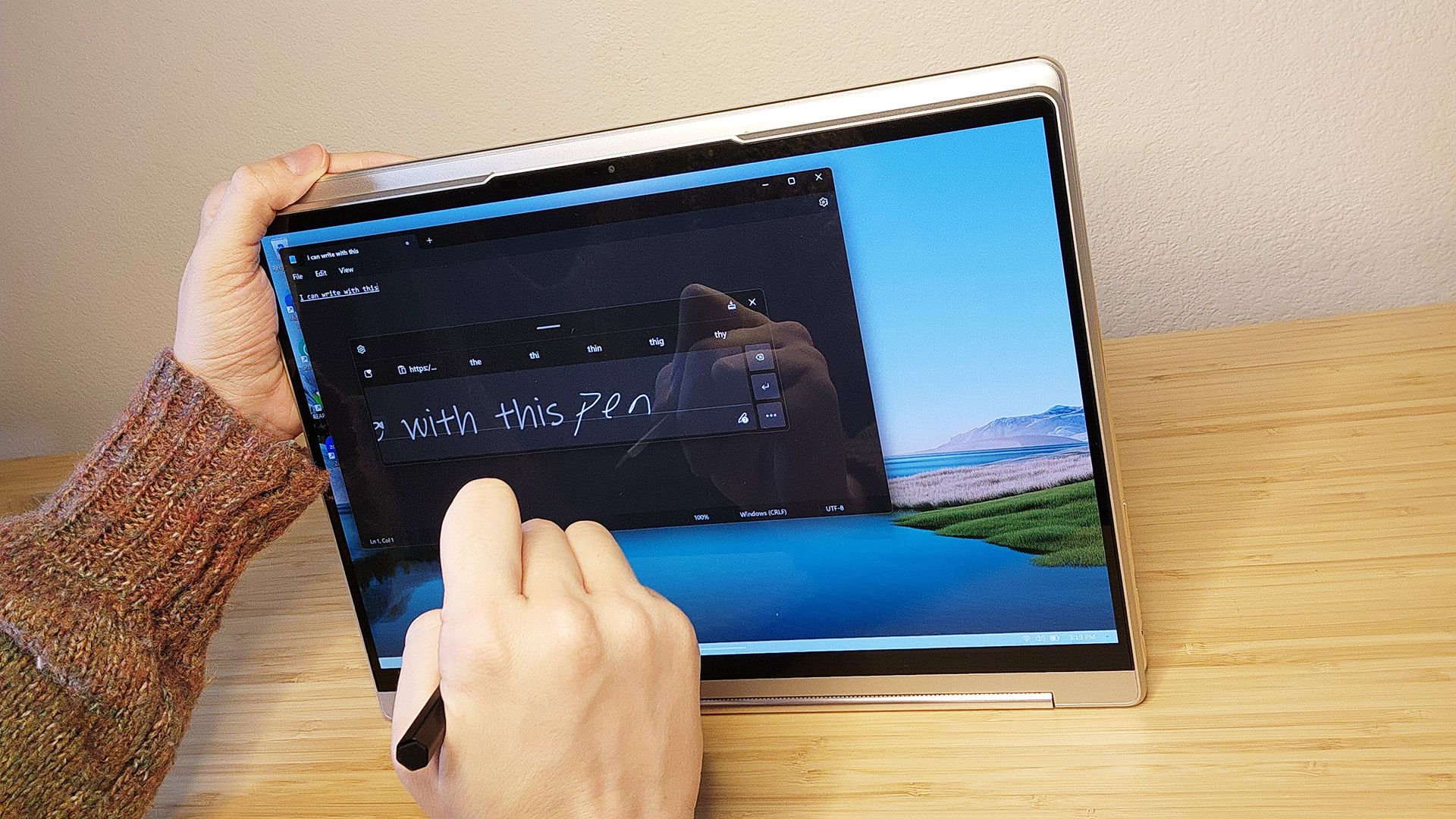
Related
The Best Touchscreen Laptops of 2024
Discover the perfect blend of style, power, and touch.
3
Apps and Interfaces Are Much Easier to Learn
Phones have smaller screens than desktops, so they can’t fit the same degree of information on-screen. By necessity, mobile interfaces have to show fewer names and buttons. Yet that hasn’t meant that people want to do less stuff with their phones. As a result, apps have become increasingly powerful while interfaces remain simple. This makes software easier for people to pick up and use than can be said of complex desktop software.
This isn’t a matter of being unable to understand complex software. I get the desktop version of Slack just fine, but the mobile app presents the same information in such a way that I find much easier to navigate.
This type of design is not exclusive to mobile devices. Part of the reason I’m still fond of Linux is how much I love the simple, mobile-inspired app design of the GNOME desktop.
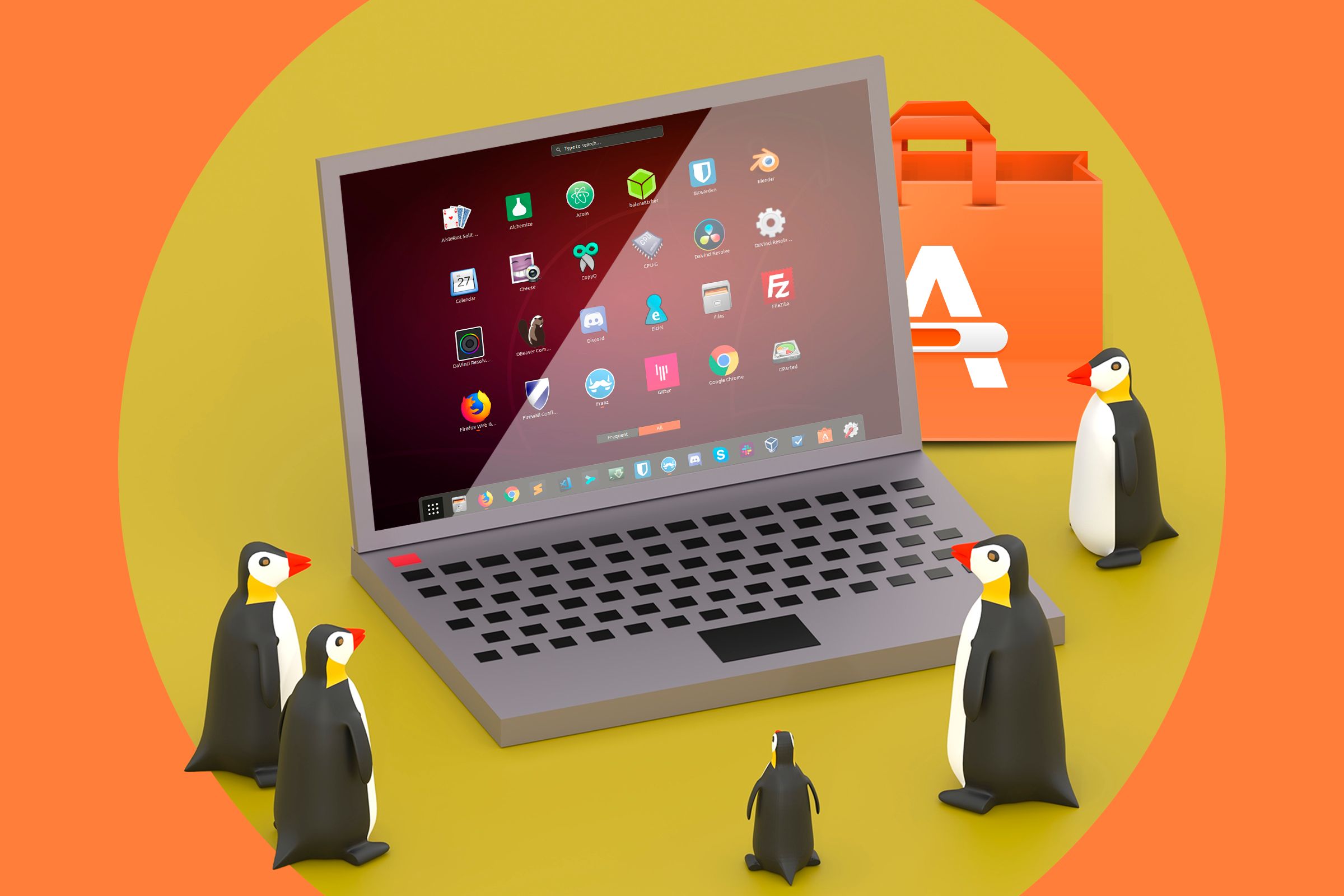
Related
Why Do I Use Linux? It’s the Apps, and Here Are 7 of My Favorites
The best apps for GNU are also the best apps for me.
2
System Updates Are Less Risky or Intrusive
Microsoft Windows has taught a generation of people to dread updates. It’s not alone. Updates to any piece of software can break things or introduce bugs.
Yet smartphone updates are far less intrusive than those on Windows. Installing phone updates generally doesn’t cause you to miss out on an hour or two of work. Often updates happen overnight, which phones can do since they’re rarely turned off. And while bugs do happen, rarely has an update bricked a phone unless someone was paying around with a custom ROM.
1
Prices Have Come Down
Yes, flagship phones are more expensive than ever, but budget phones are cheaper than cheap PCs, some of which even offer more power—CMF phones feel faster than similarly priced Windows PCs or Chromebooks. Quite frankly, it’s staggering how much power now fits in so small a device.
You can buy a capable pocket PC, which modern phones are, for the price of a week’s groceries. That just was not true of computers a few decades ago.
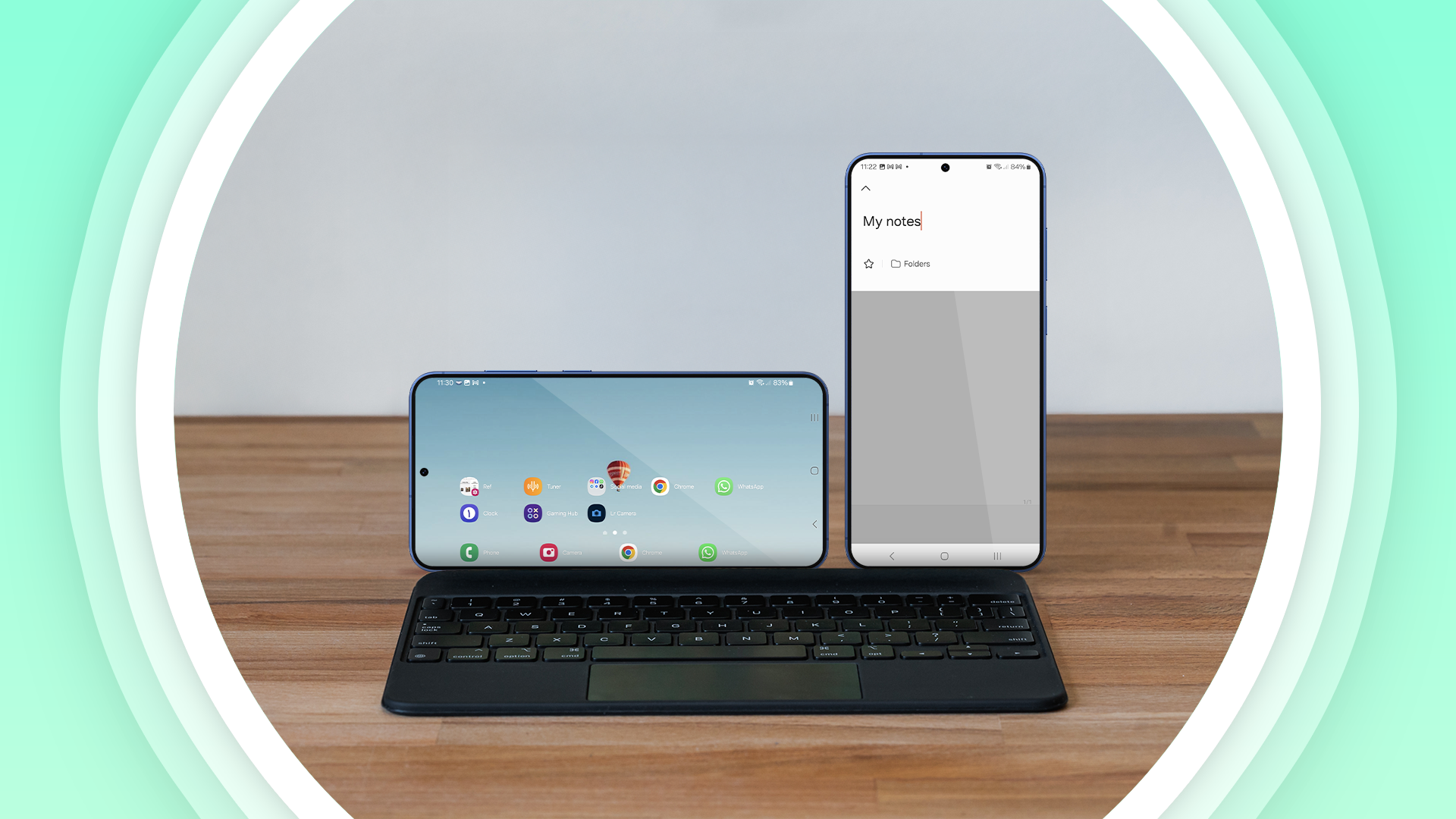
Related
It’s Time We Truly Think of Phones As Pocket PCs
A small computer can do more than small tasks.
There are a lot of social ills associated with smartphones. People are perpetually distracted. Someone can record whatever you do or say at any time and immediately blast you on social media. Mobile games have taken over the gaming industry and at the same time, arguably, ruined it.
But none of that takes away from the engineering marvel that our phones are, and the positive changes to software design they have ushered in along the way.



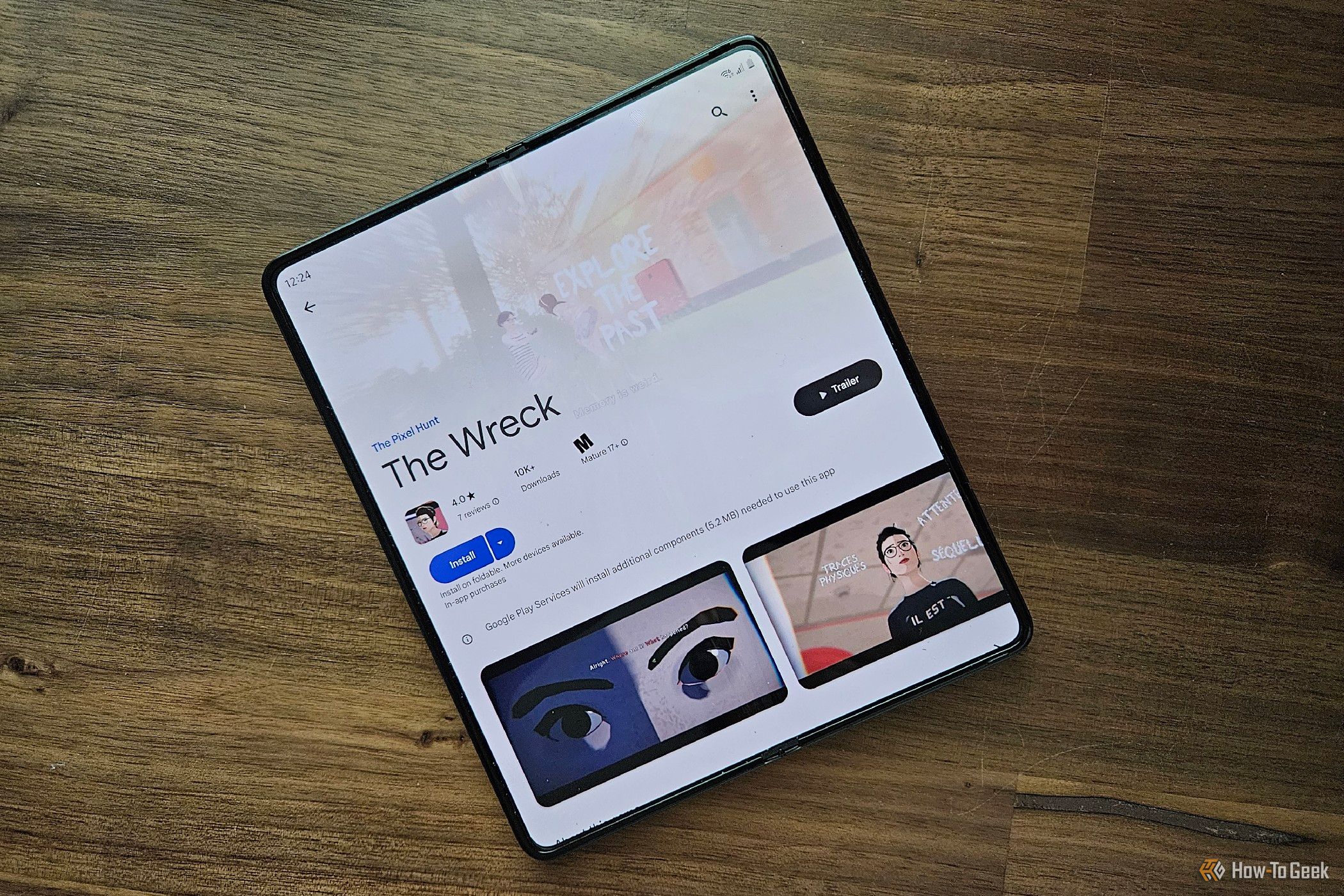
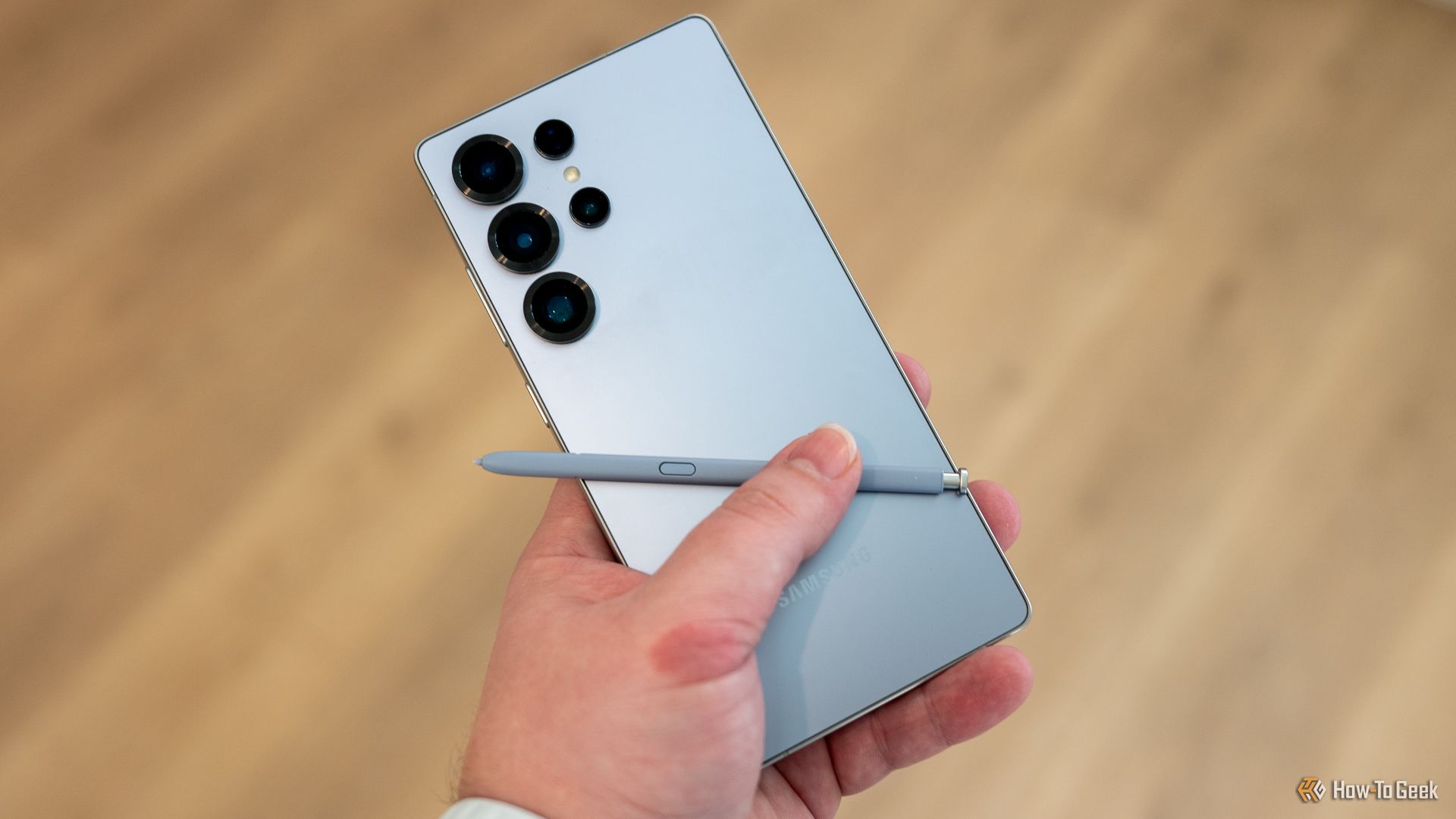
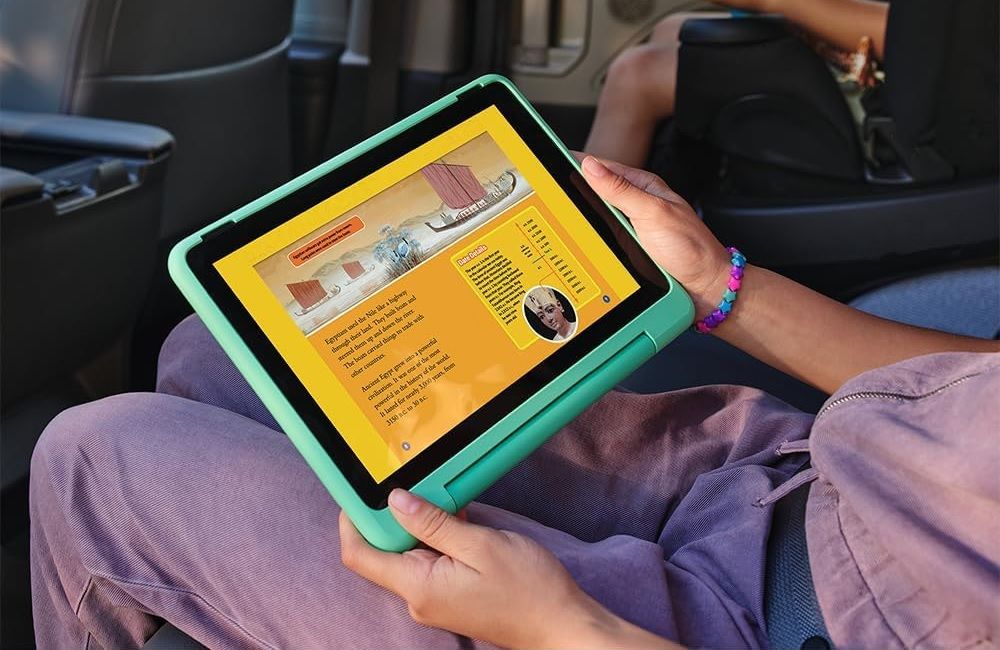
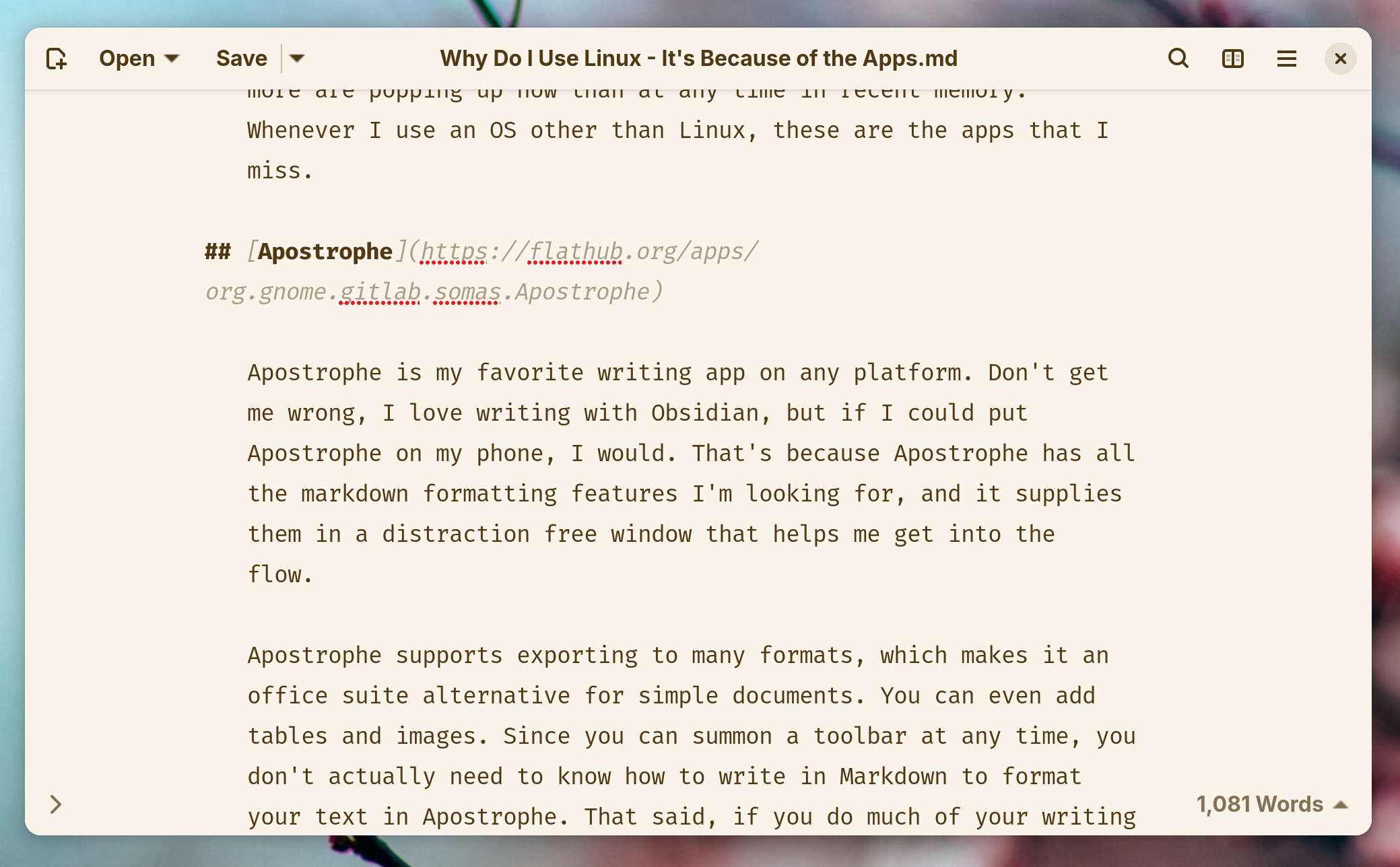
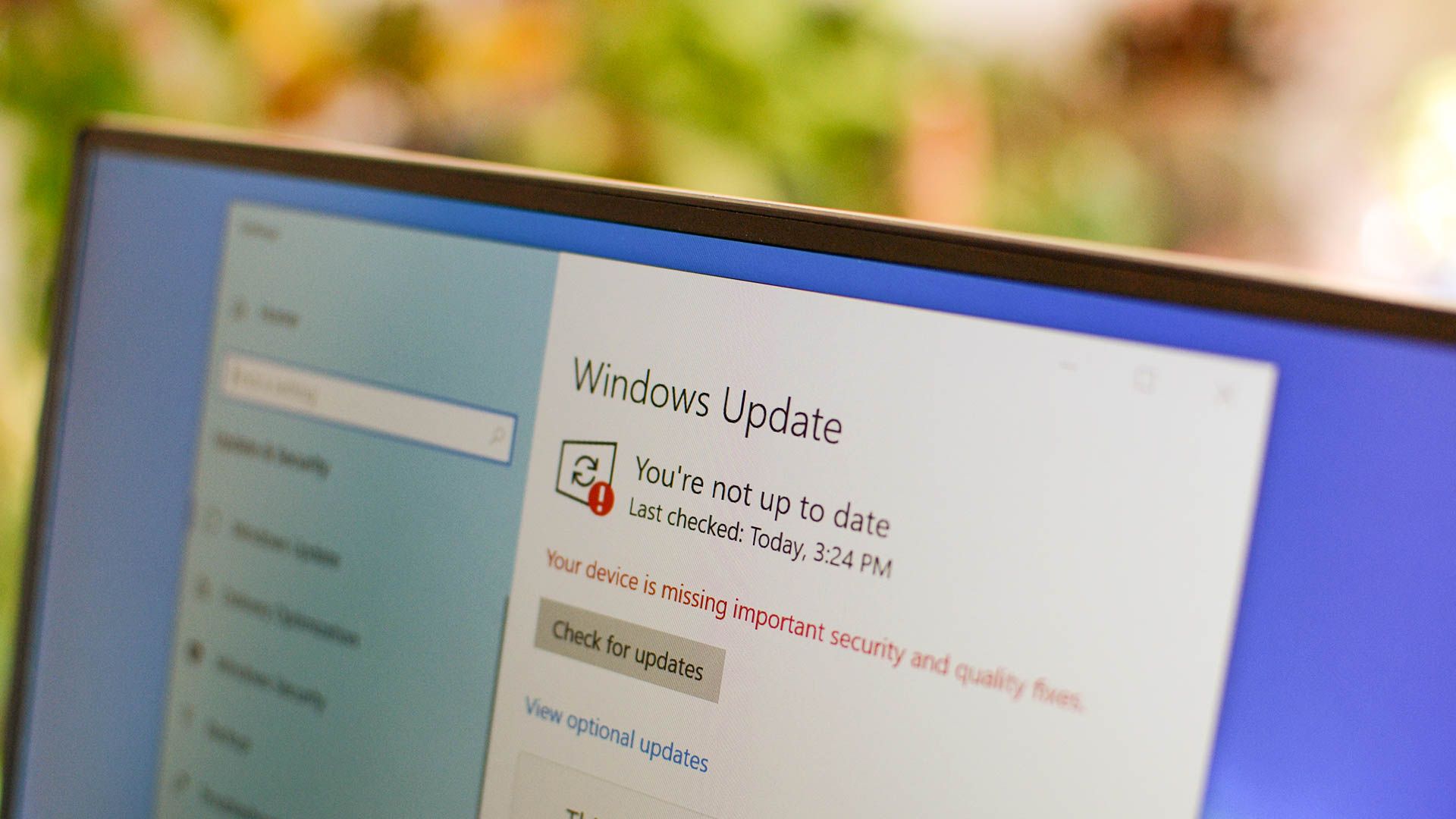





Leave a Comment
Your email address will not be published. Required fields are marked *